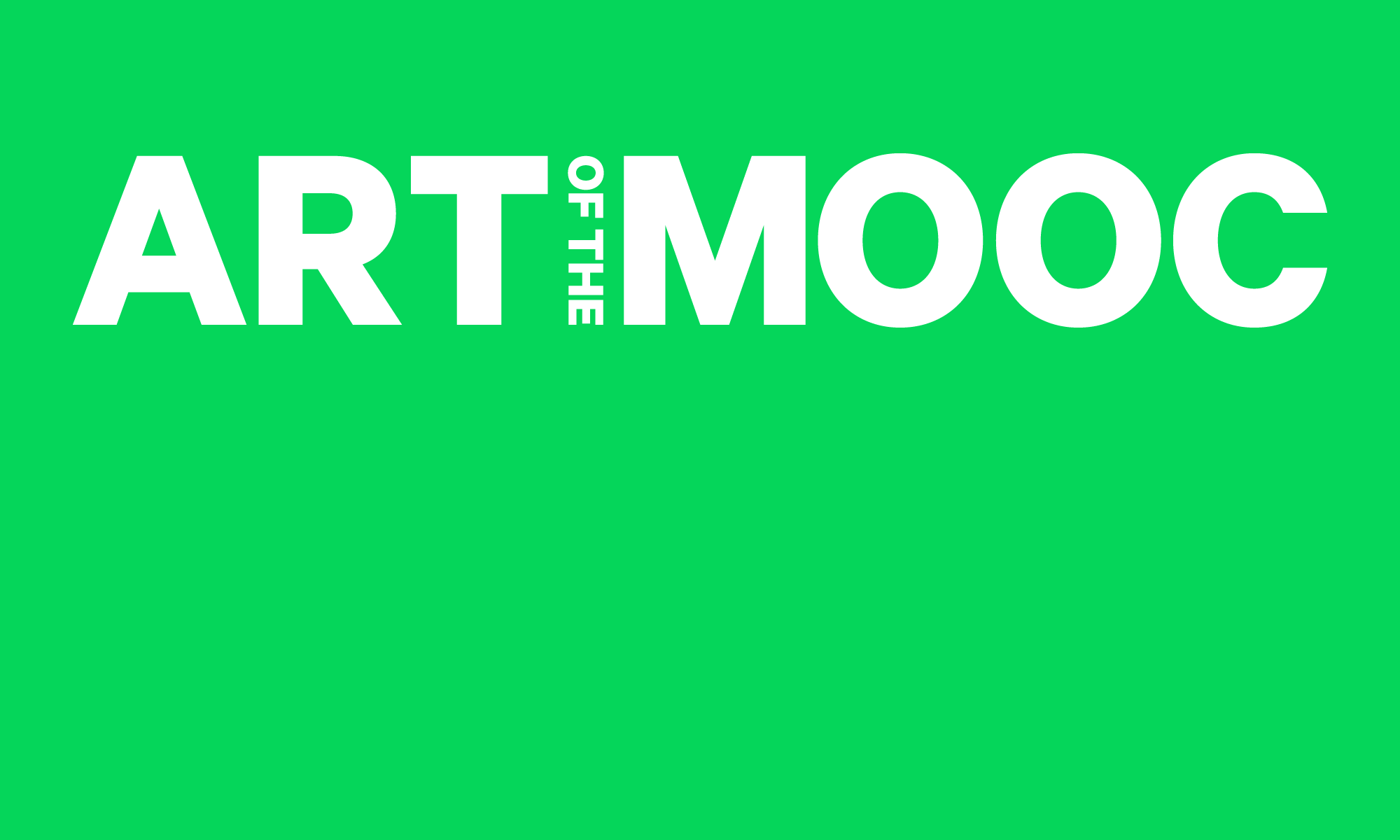Listening to Beka Economopoloulos, I was fascinated by the application of visual activism in the real world. Beka first addressed how a campaign about evictions and homelessness in New York City leveraged spatial politics to raise an important question: who is the city for? Rather than letting the act of removing families from their homes remain largely unnoticed and families living in tents seeming natural, the campaign garnered people’s attention and helped them recognize something was fundamentally wrong. I found it very interesting how Beka shared that traditional advocates have avoided public relations, feeling is represented the manipulation of their adversaries, but expressed the importance of leveraging it. I completely agree; moving public opinion is critical to moving institutional interactions with an issue.
I was really interested in the campaign to remove David Koch, one of the world’s leading fossil fuel advocates and climate deniers, from the board of the Natural History Museum. Beza shared that his very presence on the board speaks to the corporatization, privitization, and greenwashing of some of our nation’s most integral scientific institutions. But rather than merely trying to remove Mr. Koch from the board, which is an important symbolic step, I really appreciate the movement being built. Beza is leading pop-up science exhibits at universities and a travel bus for science-based learning. This is an important mechanism to, as she described, “create a counter power infrastructure.” This initiative is aimed at empowering scientists to speak politically, creating space of allies on the inside of institutions to raise their voice.
This video closely connects to the “Rally to Ruin the Planet” that I have been organizing. It leverages the visual aspects of the eviction and homelessness campaign, hosting a rally with satirical signs such as “We Demand Climate Change” while building on the content of the anti-fossil fuel campaign geared toward scientific institutions. The latter offers the potential for future cooperation. The “Rally to Ruin the Planet,” an event I am leading on Duke’s Bryan Center Plaza, could become a hallmark of the clean energy movement!
